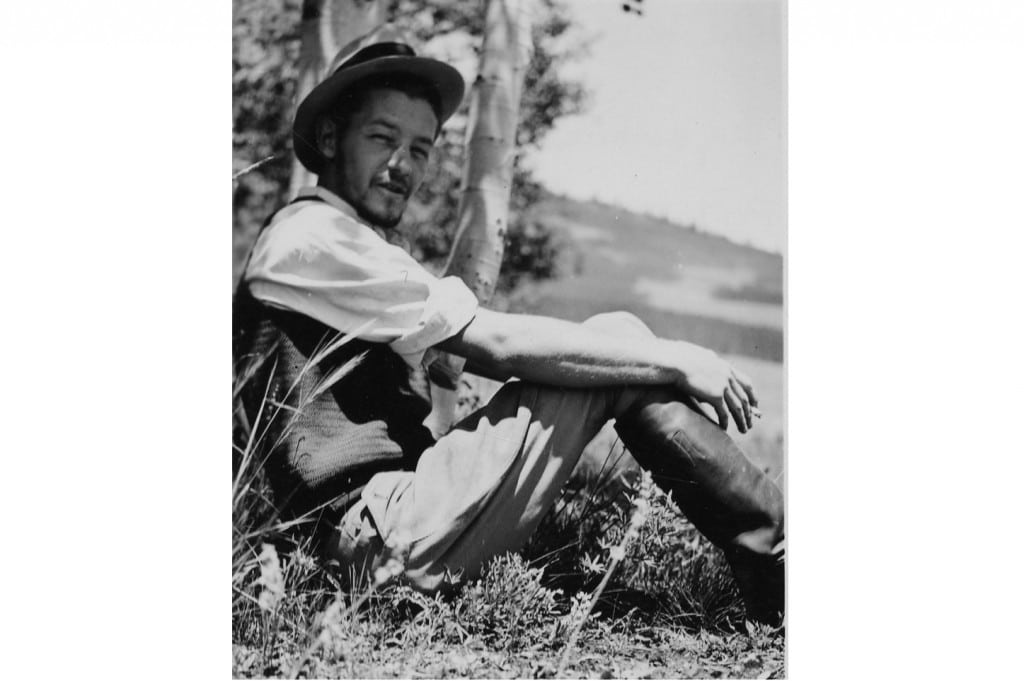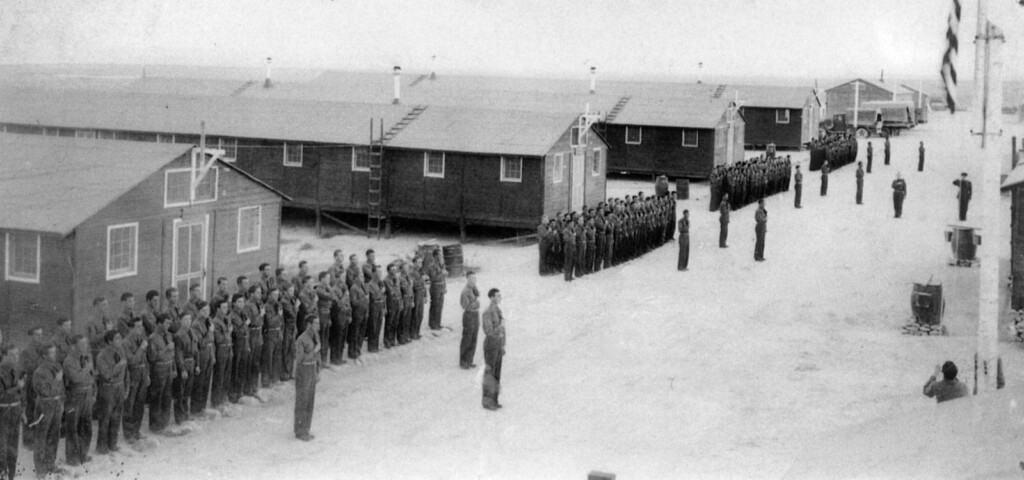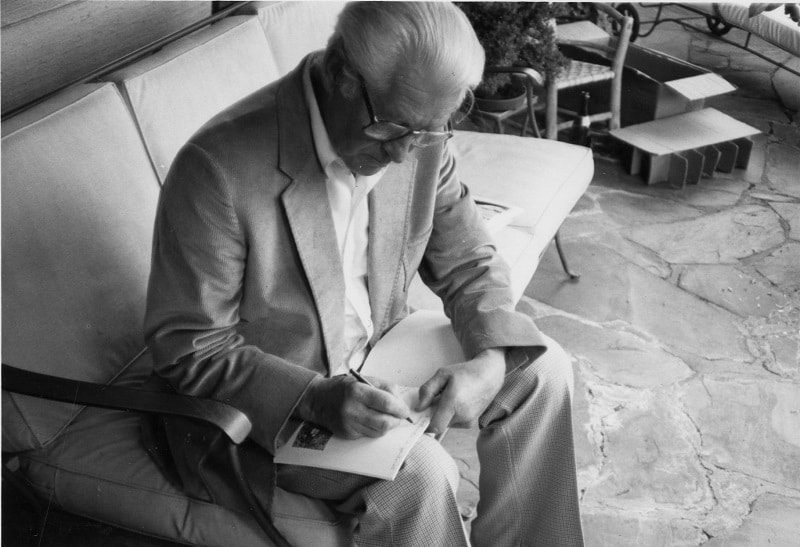 This year, Wallace Stegner’s Pulitzer Prize-winning novel Angle of Repose turns 50 years old, thrusting him once again into the spotlight as one of the American West’s greatest writers. His nomadic childhood led him to form a deep bond with Salt Lake City, as he spent much of his adolescence here hawking hot dogs at Saltair resort, adventuring in the wilderness with his LDS Church Boy Scout troop (although he was a Presbyterian himself), and playing tennis on the University of Utah team.
This year, Wallace Stegner’s Pulitzer Prize-winning novel Angle of Repose turns 50 years old, thrusting him once again into the spotlight as one of the American West’s greatest writers. His nomadic childhood led him to form a deep bond with Salt Lake City, as he spent much of his adolescence here hawking hot dogs at Saltair resort, adventuring in the wilderness with his LDS Church Boy Scout troop (although he was a Presbyterian himself), and playing tennis on the University of Utah team.
Despite spending much of his adult life teaching creative writing at Harvard and Stanford universities, Stegner willed his entire collection of papers, letters, and other memorabilia to the University of Utah, which Gregory Thompson, historian and Associate Dean of Special Collections at the University of Utah’s J. Willard Marriott Library, calls the library’s most important collection. “His papers are just wonderful,” says Thompson, of Stegner’s archives, and he enjoys seeing the many people who comb through them hoping to gain some insight and a deeper understanding of the life of this literary giant.
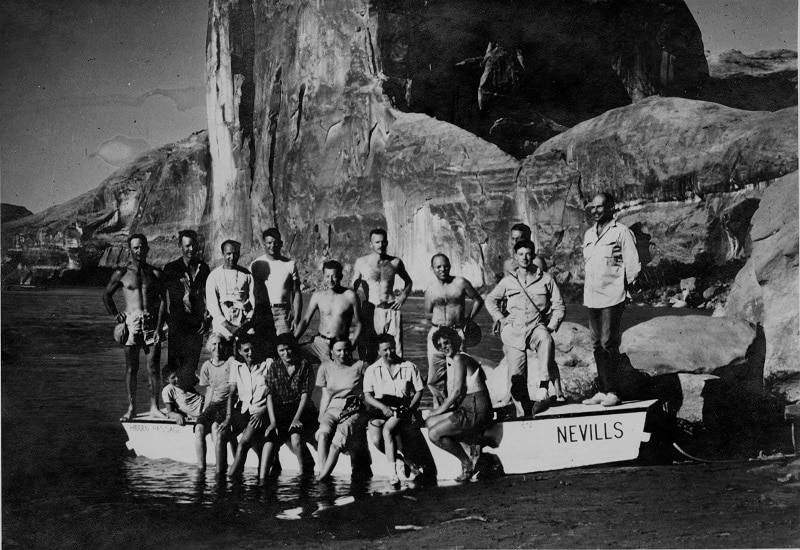
Stegner was much more than a novelist and writing professor. His nonfiction books and essay collections take a critical look at the cultural and natural heritage of the American West, and his work as an early conservationist has left a powerful and lasting influence on the West. His respect for the natural world was a theme in all of his writings and was central to who he was as a person.
For those having never read Stegner, Thompson recommends starting out with Angle of Repose, or one of his semi-autobiographical novels such as Big Rock Candy Mountain or Crossing to Safety.
Those more interested in the history of things will enjoy Beyond the Hundredth Meridian: John Wesley Powell and the Second Opening of the West, which Thompson says has never been more relevant. “This book has a lot to say to us as we struggle with water issues today.” He also highly recommends listening to the audio version of the essay “Genesis” while driving through the southern Utah landscape.
One of his most notable works is a short essay entitled The Wilderness Letter, which was instrumental in the passing of the Wilderness Act of 1964. “Something will have gone out of us as a people if we ever let the remaining wilderness be destroyed … We simply need that wild country available to us, even if we never do more than drive to its edge and look in,” lamented Stegner in this passionate and poetic essay.
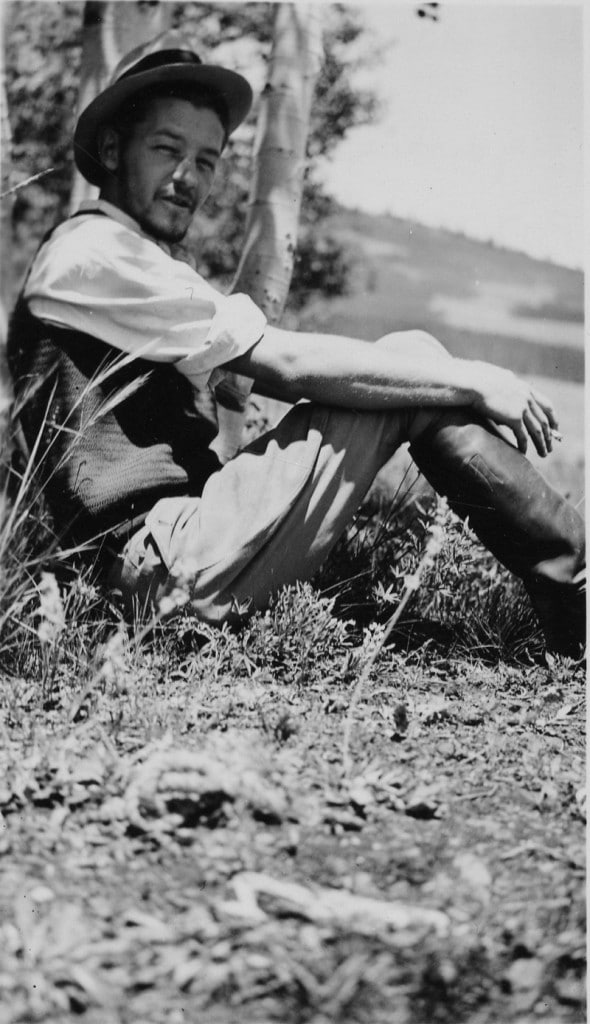
His plea for the preservation and protection of wilderness helped bolster support for the Wilderness Act, and many credit his essay for its eventual passage ― a landmark victory for the conservation movement that has since set over 100 million acres aside as protected wilderness areas.
I personally enjoy his collections of essays for the glimpses they provide into what southern Utah was like before the main throughways were paved, when the Colorado River still flowed freely through Glen Canyon, and when the dirt road over Fishlake High Top was “so paved with flowers that a man could walk twenty miles and never set his foot down without trampling them.”
Thompson met Stegner several times through his role at the library, and when I asked him what it was like sitting down with Stegner, he said it was one of the experiences that sticks out in his life. “It is something I think about quite often,” Thompson said.
“As the repository of the work of this great author, teacher, and conservationist, we have a responsibility to not only preserve Stegner’s legacy, but to celebrate it and to offer it up to our students, the community, and the environmental thinkers of our time.”
Subscribe to Utah Stories weekly newsletter and get our stories directly to your inbox

